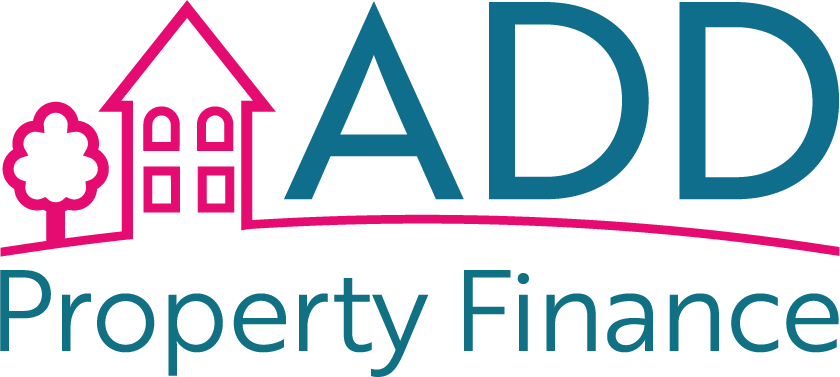When seeking a second charge mortgage, one of the most critical decisions you’ll make is choosing the right lender. Your lender not only determines the terms of your loan but also plays a significant role in your financial journey. In this article, we’ll provide guidance on selecting the right lender for your second charge mortgage, considering factors such as interest rates, fees and loan terms.
1. Interest Rates
Interest rates are a primary consideration when choosing a lender for your second charge mortgage. Even a small difference in interest rates can have a substantial impact on the overall cost of your loan. Here’s what to keep in mind:
- Fixed vs. Variable Rates: Determine whether you prefer a fixed interest rate, which remains stable throughout the loan term, or a variable rate that may change in response to market fluctuations. Your choice depends on your risk tolerance and financial goals.
- Competitive Rates: Compare interest rates from multiple lenders to ensure you’re getting a competitive offer. Be wary of rates that seem significantly lower or higher than the market average.
2. Fees and Charges
Lenders may impose various fees and charges associated with your second charge mortgage. These can include arrangement fees, valuation fees, legal fees, and exit fees. Consider the following:
- Total Cost of Fees: Calculate the total cost of all fees associated with the loan to understand the true expense of your mortgage.
- Fee Flexibility: Some lenders may offer flexibility in fee structures or may be willing to negotiate fees, so it’s worth discussing this with prospective lenders.
3. Loan Terms and Flexibility
The loan terms, including the duration of the mortgage and the ability to make overpayments or take payment holidays, are essential considerations:
- Loan Term: Evaluate the length of the loan term and whether it aligns with your financial goals. Longer terms may result in lower monthly payments but higher overall interest costs.
- Overpayment Options: Determine whether the lender allows you to make overpayments without penalties. This can help you reduce your loan balance faster.
- Payment Holidays: Inquire about the possibility of taking payment holidays in case you encounter financial difficulties in the future.
4. Reputation and Customer Service
Research the lender’s reputation and customer service:
- Reviews and Testimonials: Read reviews and testimonials from other borrowers to gauge the lender’s track record.
- Customer Support: Assess the lender’s responsiveness and willingness to address your questions and concerns.
5. Eligibility Criteria
Different lenders may have varying eligibility criteria, including credit score requirements and income verification. Ensure you meet the lender’s criteria before applying to avoid potential rejection.
6. Independent Mortgage Advice
Consider seeking independent mortgage advice from a qualified mortgage adviser. They can help you navigate the options, compare lenders, and find the best deal based on your unique financial situation and goals.
7. Legal Considerations
Ensure that the lender operates within the legal framework and adheres to industry regulations. Verify that they are authorised and regulated by the appropriate authorities.
8. Pre-Approval
Before committing to a lender, consider seeking pre-approval. Pre-approval provides a clear picture of the loan you’re likely to qualify for, helping you make an informed decision.
In conclusion, choosing the right lender for your second charge mortgage is a crucial step in the borrowing process. Carefully assess factors like interest rates, fees, loan terms, reputation, and eligibility criteria to find a lender that aligns with your financial objectives. Seeking independent mortgage advice can also be invaluable in ensuring you secure the best possible deal for your second charge mortgage.







